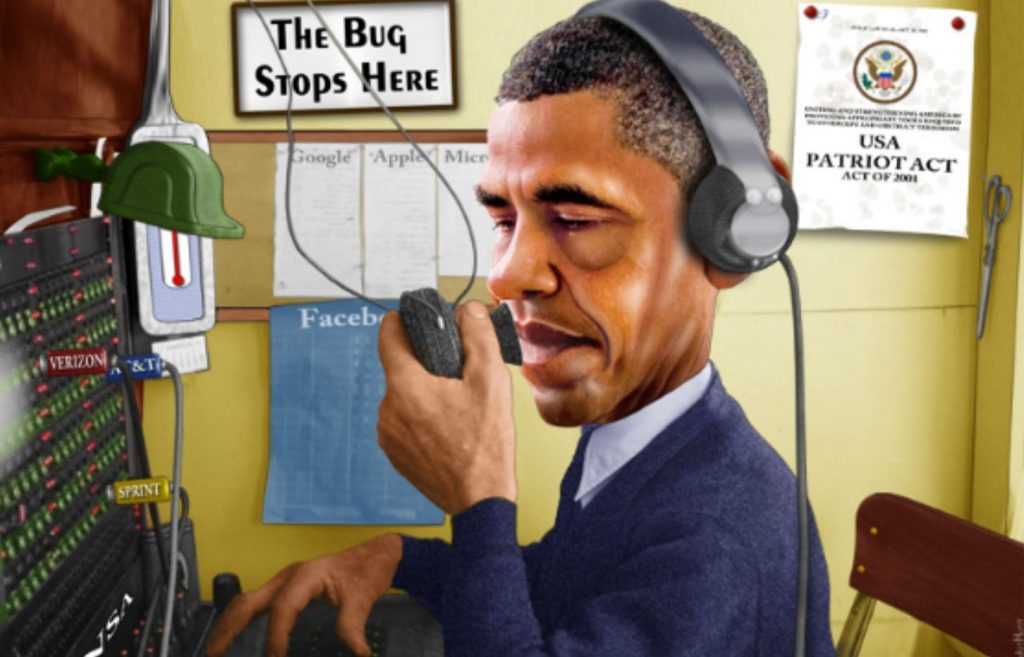A Single Wiretap Intercepted 3 Million Calls Last Year — And It Absolutely Concerns You
To carry out a relatively unimpressive drug sting, an unnamed federal agency swept up well over 3 million phone conversations in two months with a lone wiretap order — one of 3,186 such orders issued by federal and state judges in 2016 — evincing an overreach of State authority so egregious, it would behoove the law-abiding and law-breaking, alike, to take note.
“The federal wiretap with the most intercepts occurred during a narcotics investigation in the Middle District of Pennsylvania and resulted in the interception of 3,292,385 cell phone conversations or messages,” states the Wiretap Report 2016.
Take a moment to allow that to sink in, because — given that domestic spying has become something of an accepted facet of daily American life — the fact the government felt it imperative to sweep up nearly 3.2 million calls in the course of enforcing its miserable flop of a drug war begs the question: What about the other 3,181 wiretap orders?!
And if that doesn’t sufficiently offend, keep in mind there has yet to be a single conviction resulting from that inordinately lenient wiretap, as the International Business Times reports,
The order was signed to help the authorities track 26 individuals suspected of illegal drug trafficking and narcotics-related activities in Pennsylvania. However, the investigation cost $335,000 to the taxpayer and led only to a dozen arrests. The surveillance effort neither captured any intercepts nor did it bring anyone to trial or convicted. Other details about the wiretapping are not available since the court records have been sealed.
Unsurprisingly, the Department of Justice refused comment to ZDNet on the Wiretap Report — or the confounding million-call dragnet in Pennsylvania.
“They spent a fortune tracking 26 people and recording three million conversations and apparently got nothing,” former privacy attorney and director of privacy at Stanford Law School’s Center for Internet and Society, Albert Gidari, told ZDNet. “I’d love to see the probable cause affidavit for that one and wonder what the court thought on its 10 day reviews when zip came in.”




